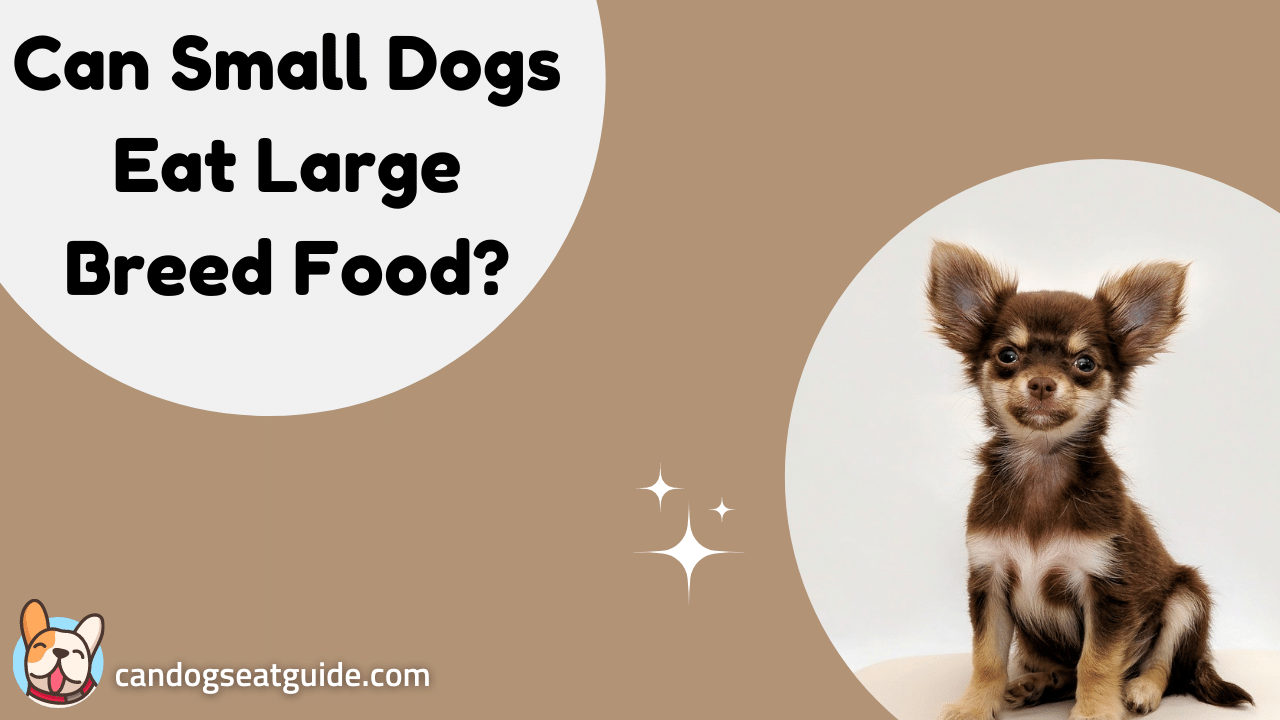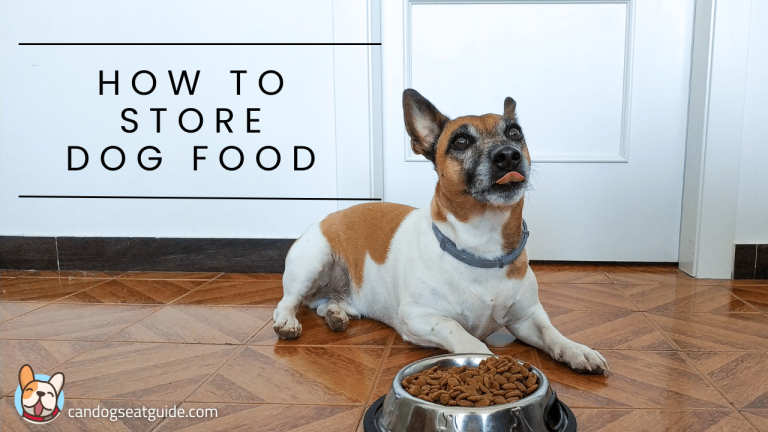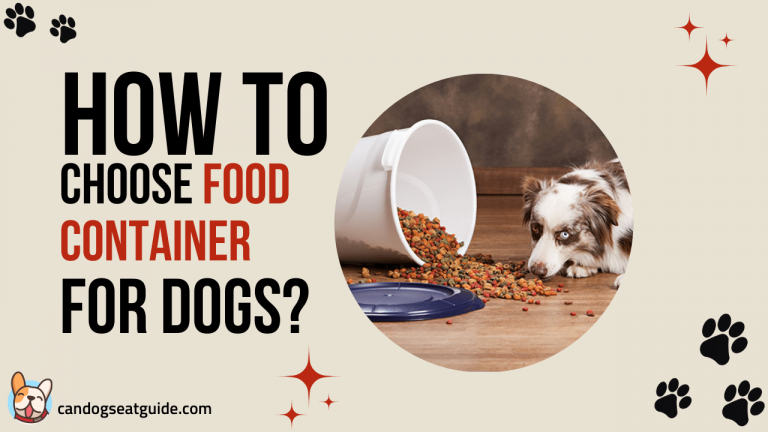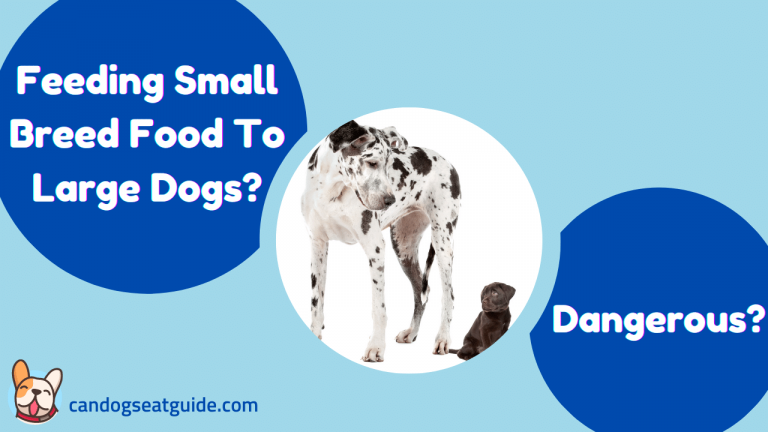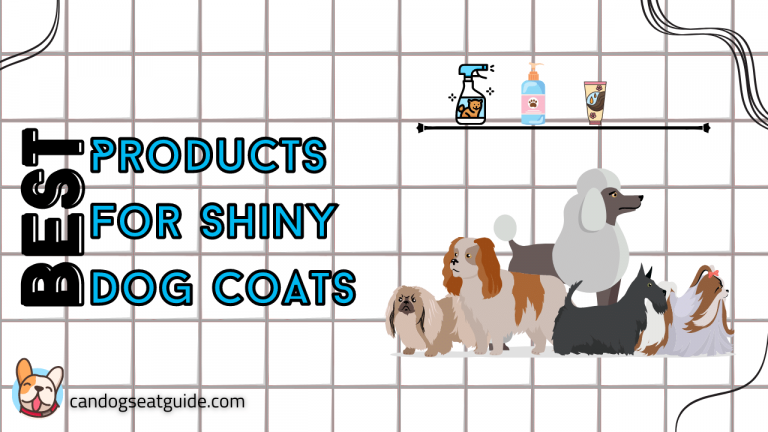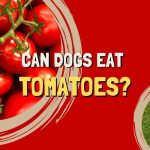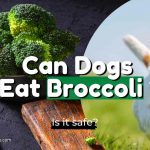I don’t know why but this topic is still so popular, why do dog owners still think that all dogs should eat the same food? Dogs need different food as puppies, then adults, then senior dogs. But age isn’t the only matter that they need different food.
You can’t feed Chihuahua and English Mastiff the same food. How do you think a 3 kg dog and a dog that is usually over 70 kg will need the same food to grow, develop, and then maintain muscle mass and good condition of bones and organs?
If you have run out of food for a small dog or you see that sometimes it’s stealing food from the bowl of a large dog, then I can accept that it’s fine. These cases are normal, it’s happening, but it’s not often, so everything is great.
Now let’s see if there are some other cases if can small dogs eat large breed food.
Differences Between Small Dog Food And Large Breed Food
When you are going to choose the food for your dog – small or large breed, you should check a few things that are very important.
1. Food Size
I am starting with one of the most essential characteristics of dog food. If you have a small dog – and by a small dog I don’t mean puppy, I mean small breed – and you are searching for dry food, you make sure to buy small-sized kibble.
Why do small dogs need small-size kibble?
First, it will be much easier for them to eat it as they have smaller jaws than large dogs. It’s much better for their dental health.

Second, small food is easily digestible and mostly doesn’t cause any gastrointestinal problems.
Then do large dogs need big-size dry food?
Yes, they have much bigger jaws and big-size kibble is more suitable and when they are really hungry and eat fast small food will be just swallowed and won’t be chewed.
2. Calories and Amount of Food
You may think that large dogs need more calories than small breeds, but you are thinking wrong.
Small dogs need more calories as they are more energetic and it’s easy for them to be nonstop active, always running around. To keep these energy levels they need food that can give them more calories for burning. Even though they get more calories that is fine as their metabolism works very fast. But let’s make it clear, more calories don’t mean more food.
For the serving size, you may need to have a vet visit (especially if your dog has some health problems) or just look at the serving size that is given on the bag of food.
Small breeds are full of energy but that isn’t always good because they are always at risk of getting hypoglycemia – simply said it means low sugar level. It happens when your dog is having low body fat but is still very active. Hypoglycemia’s symptoms are weakness, lethargy, seizures, and muscle tremors.
Let’s see what is happening with large breeds.
Large breeds need much more food than small breeds because their food is designed not to be concentrated much in nutrients in small sizes but still to help them with their growth speed.
As they already need more food it’s much better if it is with fewer calories as large dogs aren’t that active. Have you seen a dog weighing around 60 kg non-stop running, it’s even difficult sometimes to make them walk. And by getting fewer calories it’s easier to maintain their weight and not let them gain more of it.
Obesity in dogs is a really often case already and there are researches providing pieces of evidence that obesity can take up to 2 years off the life of your doggo.
3. Nutrients
Because of the difference in the sizes of dogs, there is a difference in the nutrition they need to get from their food. But you should make sure to get them the right nutrients to keep them healthy and happy.
Small-breed dogs need more calories in their food – but how can they get them? By high-quality proteins and fats. But to get all the benefits from this high-quality protein it should be also easily digestible.
Large dogs need lean protein as they need less of it than small dogs.
For large breeds, it’s essential to get a higher amount of calcium for the proper development of the bones – as they are much bigger than in small dogs. If they don’t get the calcium and the other nutrients for their bones, it can cause lameness. But they mustn’t get too much calcium as it can lead to overdevelopment and in the later stage of life can cause dysplasia.
Large breeds usually have more joint issues than small ones and that’s why they should get the proper amount of nutrients to keep the joints in the best form for a long time. Glucosamine is needed a lot for the maintenance of healthy joints.
4. Age
Did you know that puppies of small and large breeds get into the stage of adulthood at different rates? For small breeds, it’s around eight months, and for large breeds around 15 – 18 months.
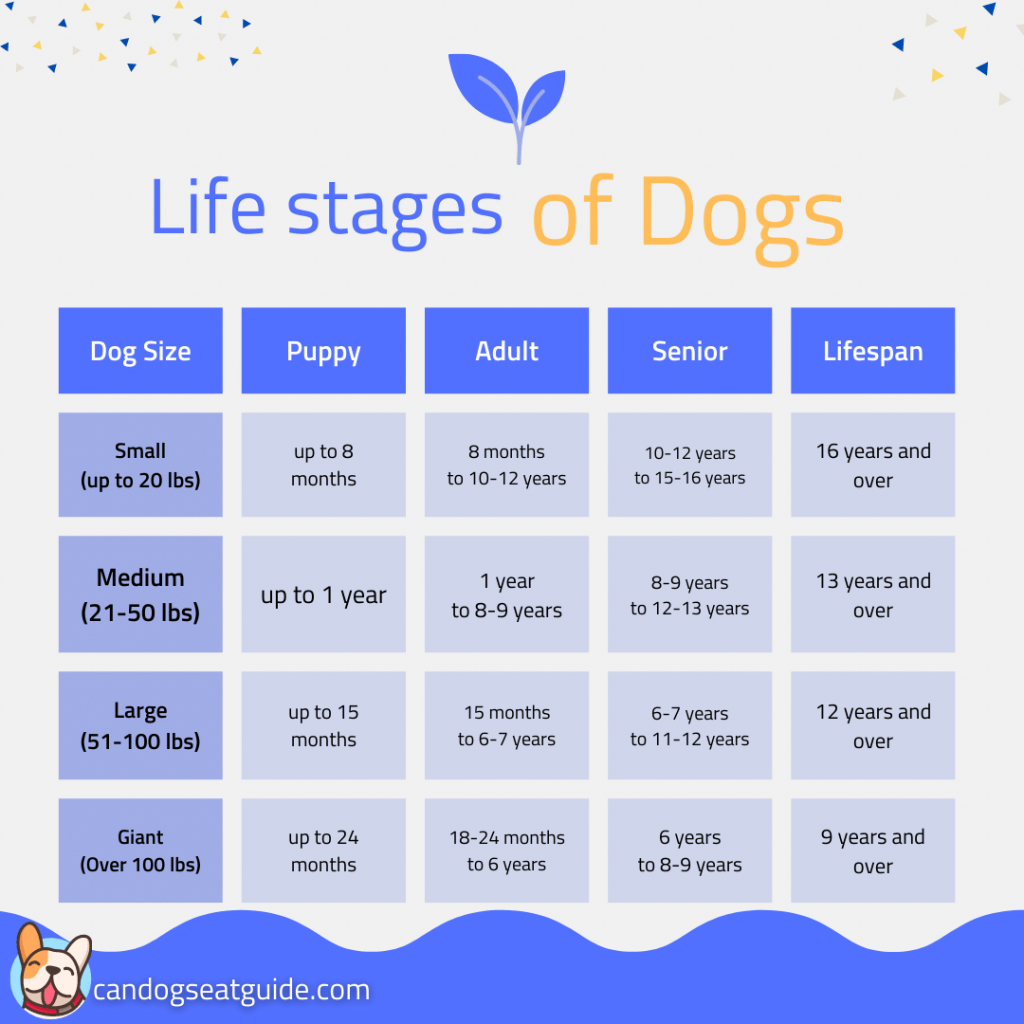
As you can see from this table their lifespan is different too, large dogs live much less.
That’s why it’s important to choose the food according to the age of your dog too, but that gets easier if it is consulted with your vet.
If you have a dog from a large breed that is 15 months, still having puppy food, and a small dog at the same age, but already it has around 7 months of experience with adult food, do you think that they can eat the same food? Will they get what they need?
So, I think it’s time to finally answer the question:
Can Small Dogs Eat Large Breed Food?
There are only a few cases when I can agree that it will be okay for small dogs to have large-breed food. These cases are:
- if you have run out of food for your small dog, once is safe, more than once isn’t;
- if you have saved a small dog from the street and you don’t have the right food for it, once or twice is fine;
- if your small dog sometimes steals food from the bowl of the larger dog.
Only in these cases, I can agree it’s fine.
But if you initially want to change the food of your small dog to a large breed food, please, don’t do it. What will you save with that? What will be the benefit of that?
How do you think that your small dog will get the proper nutrition in the first place, then how easy it will be for your small dog to eat large-sized kibble?
Your small dog can be choked by these large pieces of dry food. And it will take longer for it to eat, just this type of food isn’t designed to the size of its jaw. When food is finally eaten, we get another problem. Will it be easily digested? No, it can cause an upset stomach, bloating, diarrhea, or constipation – depending on the level of fiber the food has.
So, small dogs shouldn’t eat large breed food.

